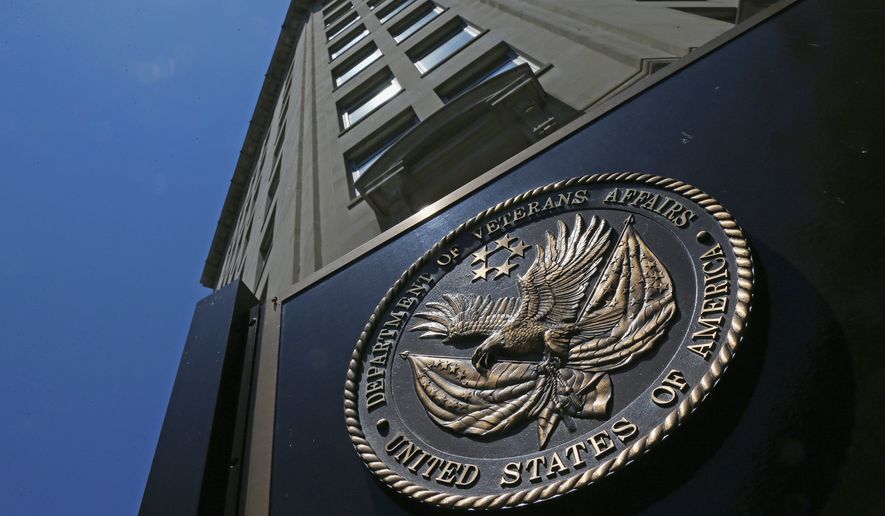More than half of all VA disability appeal cases are sent back for another review — sometimes more than once — and must be addressed before new cases are opened, leading some veterans to wait years for a final decision, the Veterans Affairs Department admitted Thursday.
Lawmakers called that unacceptable, saying veterans are being forced to wait for the care they’ve earned, and questioning why so many bad decisions are made at the front end of the process, forcing the need for repeated appeals.
Some lawmakers feared that the department, pushing to reduce a backlog of claims by the end of this year, is pushing employees to sacrifice quality for speed and quantity, which means more incorrect decisions. As the backlog went down, the number of appeals went up — and those appeals can take years.
Almost 300,000 veterans are currently waiting for an appeal decision and the average wait time is more than 1,200 days, said Rep. Dina Titus, Nevada Democrat, who warned that by not making the correct decision the first time the VA was “trading the devil for the witch.”
Advocates from several veterans service organizations said the VA needs to hire more employees to process claims more quickly while maintaining a high accuracy rate. They also urged the VA to offer incentives and reward employees for high quality work, not processing a certain number of claims.
Rep. Raul Ruiz, California Democrat, said he was introducing legislation that would allow veterans to teleconference in to their appeals hearing, which would let vets get an earlier hearing date since they wouldn’t have to worry about coordinating travel.
Ms. Titus asked for other ways to improve the system, including being selective about the order in which claims are processed. The majority of those who appeal decisions are already receiving some type of disability payment from the VA. Ms. Titus suggested that those who are receiving nothing should be reviewed first.
But Laura Eskenazi, vice chair of the Board of Veterans Appeals, said the law mandates that appeals be reviewed in the order they are received.
“The question really becomes what do veterans believe would be fair for them,” she said. “Because although they may be receiving a benefit for one disability, many feel they should receive that same benefit for other disabilities and they certainly have that right under due process-laden system that we have.”
After meeting with a judge, which is supposed to be the final stage in the appeal process, almost half of cases are remanded back to a lower office for further investigation, said Diane Boyd Rauber, the assistant general counsel for appeals at Paralyzed Veterans of America. It’s not uncommon for cases to be remanded more than once, leaving some vets in what advocates call the “hamster wheel of remands.”
Making things worse, remanded cases take priority, which means they can crowd out new cases adjudicators are working on.
James Vale, the director of the benefits program at Vietnam Veterans of America, said this wouldn’t be a problem if staff took the time to make the right decision on the first review.
SEE ALSO: GOP border bill faces opposition from conservatives
“It never seems to have enough time to do it right the first time, but it has time to do it wrong over and over again,” he said.
Ms. Eskenazi said the problem began in 1988 when it became possible to appeal a Veterans Board of Appeals decision to a judge, adding another layer to the process. Prior to that, the final decision on appeals would be made within the agency.
• Jacqueline Klimas can be reached at jklimas@washingtontimes.com.




Please read our comment policy before commenting.